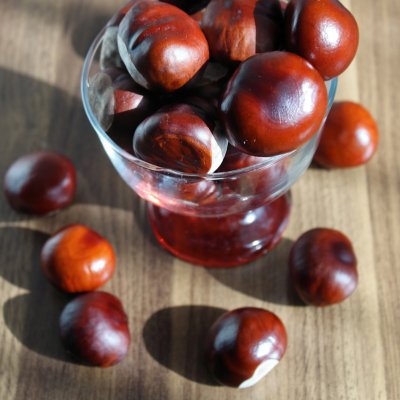- Dictionary
USAGE NOTE
This word may also be spelled "cara dura."
caradura, la caradura(
kah
-
rah
-
doo
-
rah
)An adjective is a word that describes a noun (e.g., the big dog).
1. (colloquial) (disrespectful)
A word or phrase that is commonly used in conversational speech (e.g., skinny, grandma).
a. shameless
¡Qué caradura eres! No sé cómo has podido pedirle más dinero a tu padre.You're absolutely shameless! I don't know how you could ask your father for more money.
b. sassy (colloquial) (United States)
A word or phrase that is commonly used in conversational speech (e.g., skinny, grandma).
Regionalism used in the United States
¡Qué chica caradura! Le pidió el autógrafo al cantante y después lo besó.What a sassy girl! She asked for the singer's autograph and then she kissed him.
c. cheeky (United Kingdom)
Regionalism used in the United Kingdom
Antonio es tan caradura que siempre consigue entradas gratis para los conciertos.Antonio is so cheeky he always gets free concert tickets.
d. no direct translation
This refers to an idiomatic word or phrase for which there is no word-for-word translation.
Hay que ser muy caradura para fingir que no pasó nada.You have to have some nerve to pretend nothing's happened.
¡Qué caradura eres! ¡No haces más que criticar su aspecto y cuando la ves le elogias el peinado!You've got a nerve! You keep criticizing how she looks, but when you see her you congratulate her on her hairdo!
A feminine noun is almost always used with feminine articles and adjectives (e.g., la mujer bonita, la luna llena).
2. (colloquial) (gall)
A word or phrase that is commonly used in conversational speech (e.g., skinny, grandma).
a. nerve
¡Qué caradura tiene este hombre! Acusa a los demás de mentirosos, pero es él que engaña a su esposa.What a nerve that man has! He accuses everyone else of lying, but it's he who's cheating on his wife.
b. cheek
¡Qué caradura tienes para decir que no hago nada! ¿Quién preparó la cena?What a cheek you have to say I don't do anything! Who made dinner?
This means that the noun can be masculine or feminine, depending on the gender of the noun it refers to (e.g., el doctor, la doctora).
3. (colloquial) (brass-necked person)
A word or phrase that is commonly used in conversational speech (e.g., skinny, grandma).
a. shameless so-and-so (colloquial)
A word or phrase that is commonly used in conversational speech (e.g., skinny, grandma).
Este caradura nos mintió a todos y hay que hacer algo al respecto.That shameless so-and-so lied to all of us and we need to do something about it.
b. no direct translation
This refers to an idiomatic word or phrase for which there is no word-for-word translation.
Celeste es una caradura: nunca hace la tarea pero critica a la profesora si no saca buenas notas.Celeste has a nerve: she never does her homework but she criticizes the teacher if she doesn't get good grades.
Tu jefa es una caradura por pedirte plata prestada cuando gana el doble que tú.Your boss has some cheek asking you to lend her money when she earns twice as much as you.
Examples
Machine Translators
Translate caradura using machine translators
Random Word
Roll the dice and learn a new word now!
Want to Learn Spanish?
Spanish learning for everyone. For free.



















